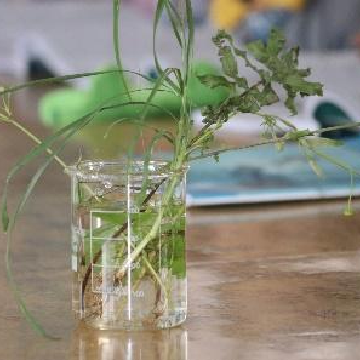

This research provides an in-depth exploration of the practice
of implementing Project-Based Learning (PBL) in science education in Nepal. It
focuses on the transition towards a more student-centric approach. It
investigates science teachers' attitudes toward PBL, their implementation
strategies, and their key aspects in fostering teacher-student collaboration.
The study employs ethnography as the primary research method, engaging with
seven science educators actively involved in PBL. It uncovers commonalities and
differences in their approaches, with all prioritizing a student-centric
approach, experiential teaching, and collaboration. Despite challenges such as
time constraints and lack of resources, the educators express positivity about
the existing curriculum aligning with their practices. The findings hold
profound implications for science education practitioners, offering a
foundation for refining teaching practices and nurturing a comprehensive
educational experience. This study contributes to the discourse on effective
science education, laying the groundwork for future research on optimizing PBL
implementation within the science education paradigm. It serves as a bridge
between theory and practice, aligning the principles of PBL with the realities
of science education in Nepal.

